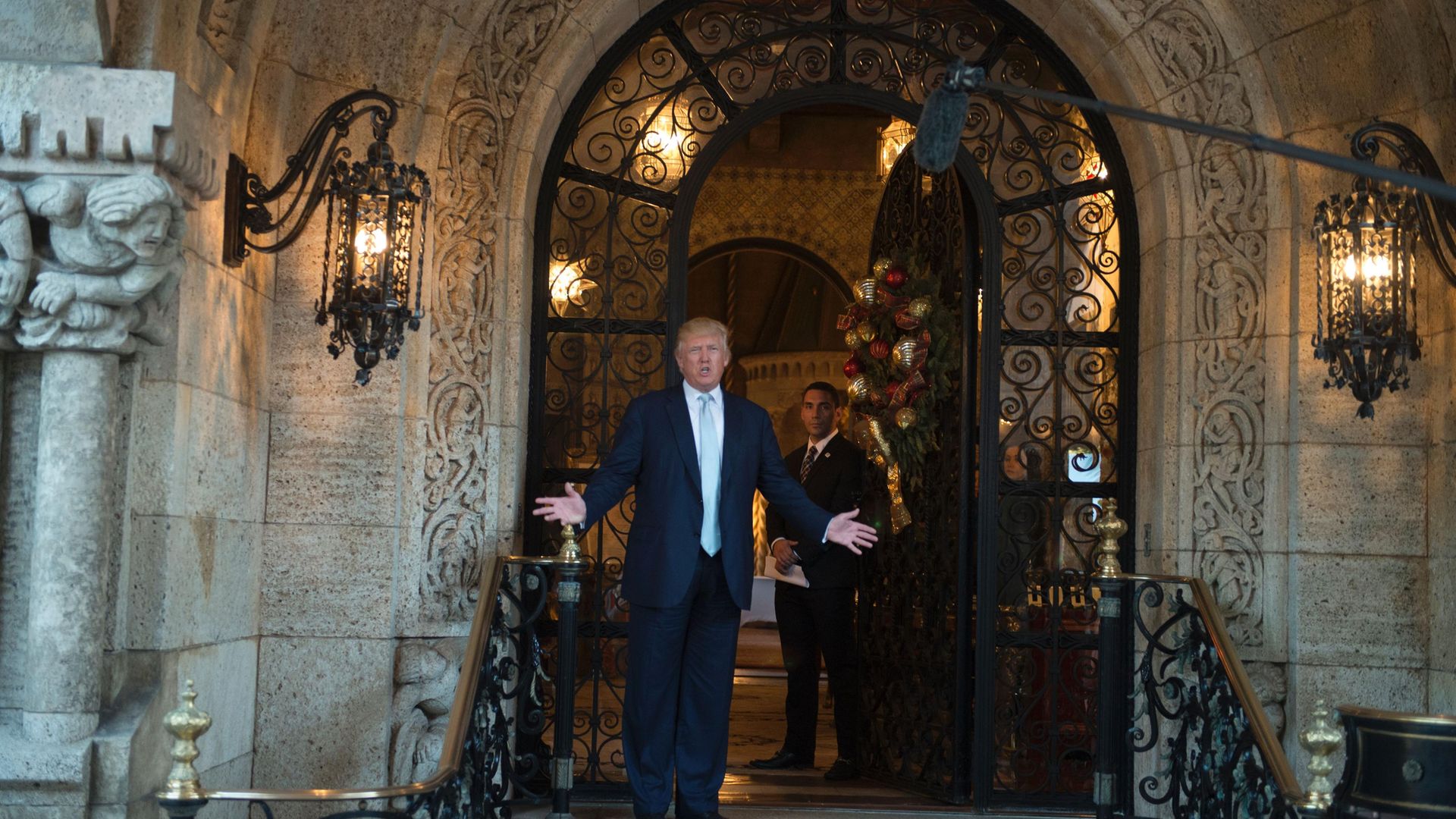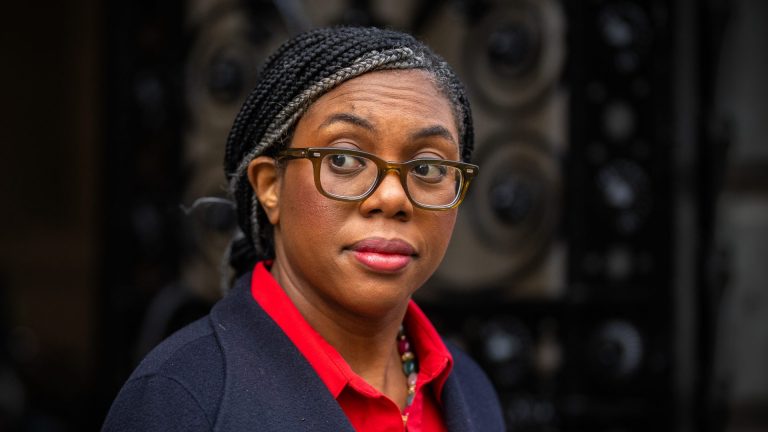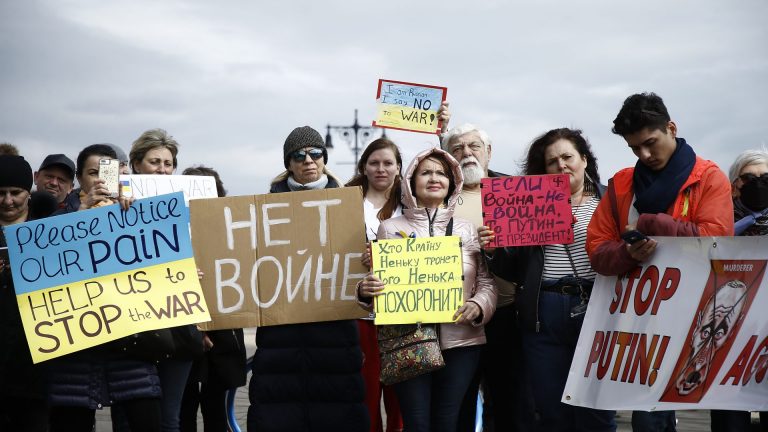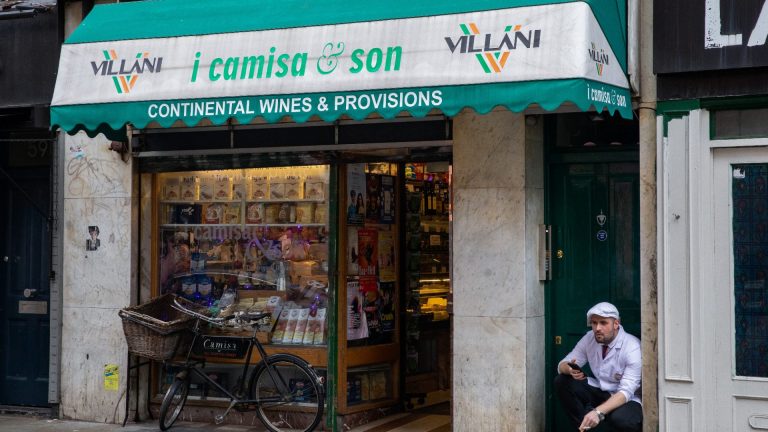
He has been kicked out of the White House, but Donald Trump is now trying to create a rival presidency – an independent powerbase that is tearing at the fabric of US society, says BONNIE GREER.
Like the ham actor who refuses to leave the stage, Donald Trump left the White House in the full bloom of his presidency. Instead of taking part in what Americans call “the peaceful transference of power”, Trump tried to take the power away with him.
He and his first lady departed in full pomp, without so much as a goodbye to the incoming president and his first lady, helicoptering off to Joint Base Andrews where Air Force One was waiting. No MAGA crowds gathered as he had hoped and requested, mainly his weeping family, some remaining staff and a handful of those who had refused to let the dream die.
Never one for history, he would have been pleased if someone had compared him to a pope in his departure. But the comparison would not have been to most pontiffs, but to one in particular: Benedict XIII, an antipope, at the head of a rival papacy, established in Avignon, in parallel to the lawful one already in existence. The aim of Donald Trump was clear: he was going to create a rival presidency. Like Benedict, he intends never to concede.
Donald John Trump, 45th president of the United States, had already broken so many norms and practices, and in his leaving had broken another: a precious one: that so-called peaceful transference of power. The manner of his leaving was another signal to his followers – because they can’t be called anything else now, not after the sacking of the Capitol on January 6 – that he was still there, still, in his own words their “favourite president”.
He returned on Air Force One in full presidential glory to Florida, to his compound, to his fiefdom: Mar-a-Lago. No place could be more perfect to receive him.
The resort was built out of the fortune of a breakfast food heir, Marjorie Merriweather Post. Constructed in the Roaring Twenties it cost the equivalent of 103 million dollars in today’s money. Post bequeathed it to the United States but Nixon had his own ‘Winter White House’ in Key Biscayne, and Carter had no interest in its huge sprawl.
The US could not maintain its security and returned it to the family. They put it up for sale, but Trump could not afford the asking price. So he launched a grift by threatening to purchase land between the estate and its ocean view. This, of course, caused the property to decline in value and threatened everyone else in the vicinity. To avoid this, the price was reduced to what Trump could afford: his goal all along.

He turned one part of it into a private club and another into an entertainment venue. Celine Dion and Billy Joel have performed there. But above all, the 17 acre sprawl, with its myriad bedrooms, was part-private club, part-Trump compound: and all a monument to the greater glory of the man himself. Now, in spirit, it is a modern day medieval Avignon, home of what was called the ‘Babylonian Captivity’, the rival Vatican: the domain of the antipope.
In the 245 years of the existence of the United States, this is unprecedented.
While Chiang Kai-shek fled to what came to be called Taiwan, and Napoleon was shipped off to Elba, Trump can only be compared to the antipope because neither of these other strong men attempted to rule what they had lost.
What has become evident, after House Minority Leader Kevin McCarthy flew down to meet Trump, after denouncing him for instigating the attack on the Capitol, is that for Republicans it is necessary now to kiss the ring.
After promising to return to Washington in a phrase with the ominous words “in some form”, Trump has launched his cult in full view. After being deposited at Palm Beach International Airport after leaving the White House, his motorcade made its way across the intercoastal highway, and to the front of his private, oceanfront home, greeted by a few chanting fans. His stance implied the same reply that Benedict, the antipope, was said to have made when he refused to leave. He is said to have replied that he would rather be buried alive.
Texas and Alabama – Trumpland – would have welcomed him with open arms too, but they are not quite what is called ‘nouveau’ enough for Trump.
Billy Wilder’s classic 1959 comedy Some Like It Hot depicts the beginning of the southern Florida that is now the Avignon of the US. It is a place built on the boom and bust of the Roaring Twenties complete with the frenzy for land; a no-tax-haven where the likes of Al Capone dwelled, a fantasy where illusion is the norm and truth is a stranger.
There is the governor, Ron DeSantis, who you could say was created by Trump’s tweets. Local congressman Matt Gaetz, Trump’s representative in the House, and the state’s two senators, Marco Rubio and Rick Scott, elected to office with terms longer than both the presidency and the House. Nevertheless, they had to and still have to navigate waters more treacherous than the Atlantic at full hurricane.
The American antipope will probably surround himself with the likes of Rudy Giuliani, New York mayor during the attack on the World Trade Center and who became known – as a result of his response – as ‘America’s mayor’. Before that, he was US attorney for the Southern District of New York, the guy who busted the Mafia’s so-called ‘Five Families’. He put the heads of three of them away for a total of 100 years. Now he is consigliere for a real ‘boss of bosses’, the biggest and most powerful don who has ever lived.
But the antipope is much more than Giuliani’s tragedy. Trump in Florida, in control of the Republican Party – once called the Grand Old Party – is the living stress test of American democracy and perhaps democracy itself.
There is no question that a portion of the electorate has been captured by a conspiracy theory that puts Trump as saviour in the centre of it. There is no question that one of the two major political parties of the world’s most powerful democracy is fighting for its very soul. And Trump, its leader, couldn’t care less.
Like Christendom during what became known as the Western Schism – with the antipope based at Avignon – the United States faces a test of its viability. Not only in the world, but with itself. It will have to prove itself to the world; prove that its experiment of government, as Lincoln said in his Gettysburg Address, on a cold November day in the heat of the Civil War “shall have a new birth of freedom and that government of the people, by the people, for the people, shall not perish from the earth.”
These words were spoken at the dedication of a graveyard for those who had fought to preserve the Union. This Union, again, is in another battle. For its very existence.
What do you think? Have your say on this and more by emailing letters@theneweuropean.co.uk











